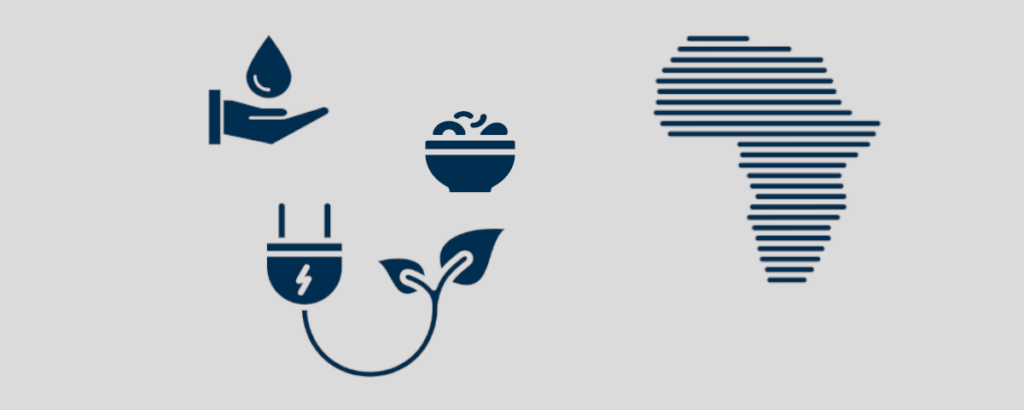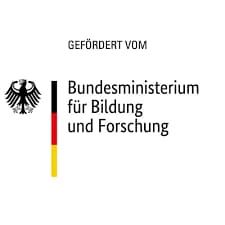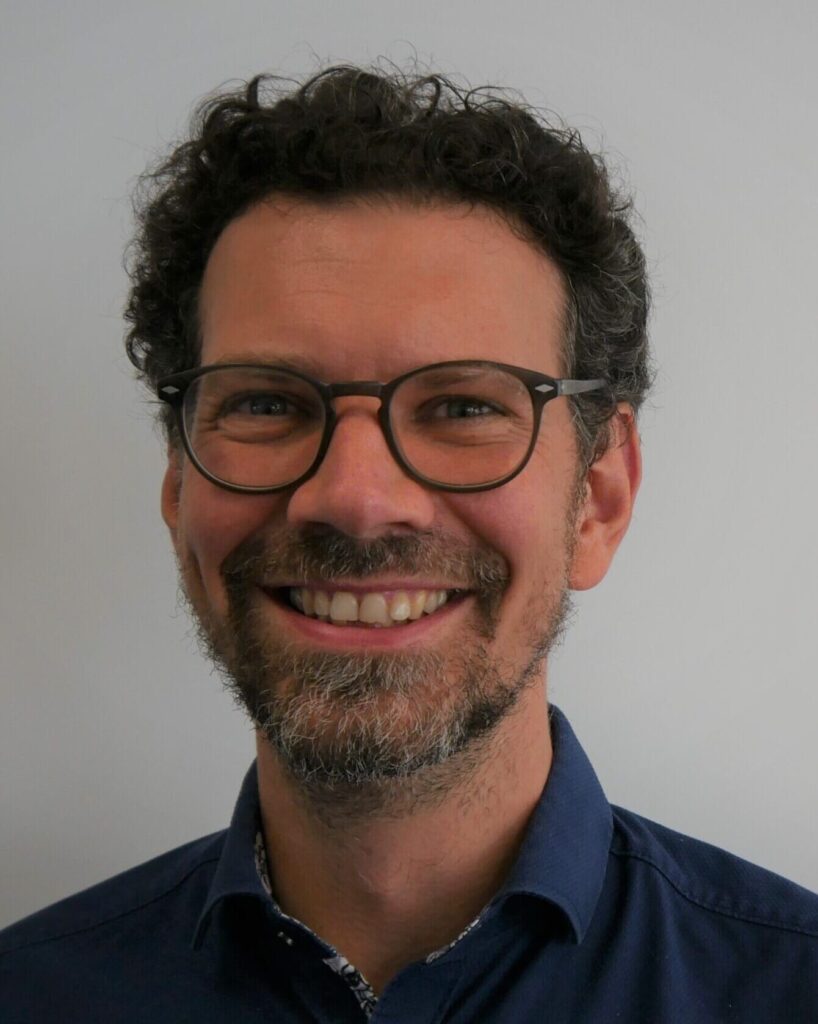OPTiMG – Optimization of integrated mini-grids for water-energy-nutrition in Africa

Project description
In this project, an international consortium led by RLI is developing digital tools for planning and optimizing integrated mini-grids. They are intended to support sustainable water, energy and food supply in various African countries. The development is based on findings from field studies on the local water-energy-food correlation (nexus) in remote communities in Morocco, South Africa, Namibia, the Democratic Republic of Congo and Uganda.
Key role for sustainable energy, water, and food supply.
Global challenges require global collaboration. This includes the Sustainable Development Goals (SDGs), set by the UN. One of these goals (SDG 7) is to ensure access to affordable, reliable, sustainable and modern energy for all. The Optimization of Integrated Mini-Grids for Water-Energy-Food (OPTiMG) project aims to support this endeavor in the African context. More than 600 million people there still suffer from a lack of access to electricity and many more from unreliable energy supplies. This has negative consequences for economic development and the population’s access to water and food.
Mini-Grids for Clean and Affordable Electricity
In regions with unreliable, expandable power grids, off-grid or interconnected mini-grids can provide clean and affordable electricity from renewable energy sources. When integrated into water, power, and food systems, these mini-grids can additionally support productive applications. For example, water pumping, cooling, and agricultural processes.
Integrated mini-grids for sustainable water, energy, and food supply (iMGs) combine various renewable energy technologies, storage systems, and productive applications via intelligent control systems.
Development of iMGs
The project team aims to create a better understanding of the use cases of integrated mini-grids for sustainable water, energy, and food supply, improve their needs assessment, and provide corresponding open-source planning tools. In addition, the project results are expected to enable the development of iMG planning expertise for all relevant stakeholders.
African-European Research Cooperation
The project objectives will be achieved through transdisciplinary research in an international consortium. The project’s case studies cover a wide range of socio-economic and environmental conditions. This will ensure that the results are useful for applications in different contexts.
Project period: June 2023 – May 2025
Tasks
- Assess local WEF needs and interactions through semi-structured interviews and derive use cases for iMGs
- Develop an open and user-friendly tool to assess needs and site conditions
- Development of an open and user-friendly planning tool for iMGs
- Demonstration of the developed tools on case studies
- Comprehensive training, capacity building, and dissemination of research and tools







